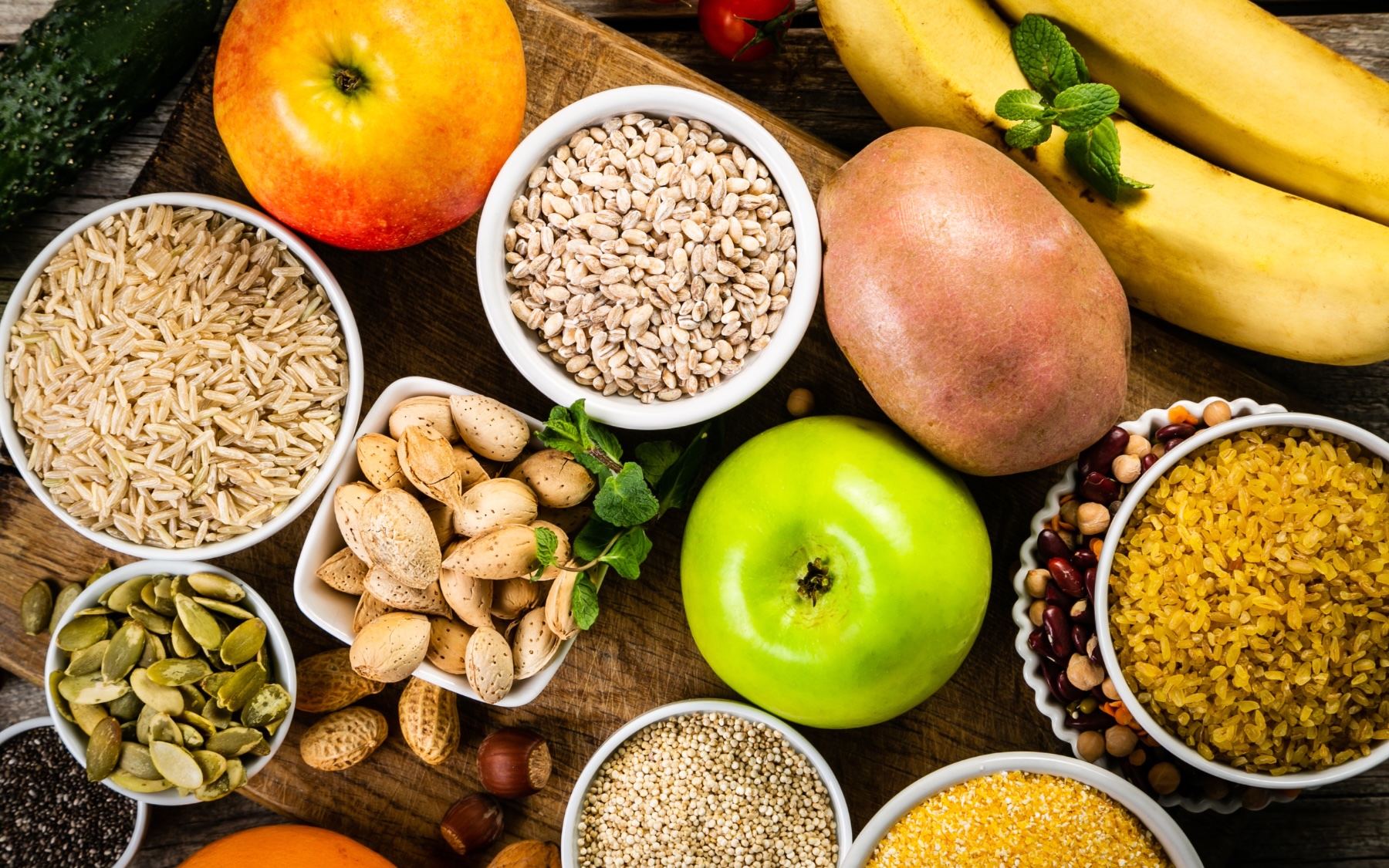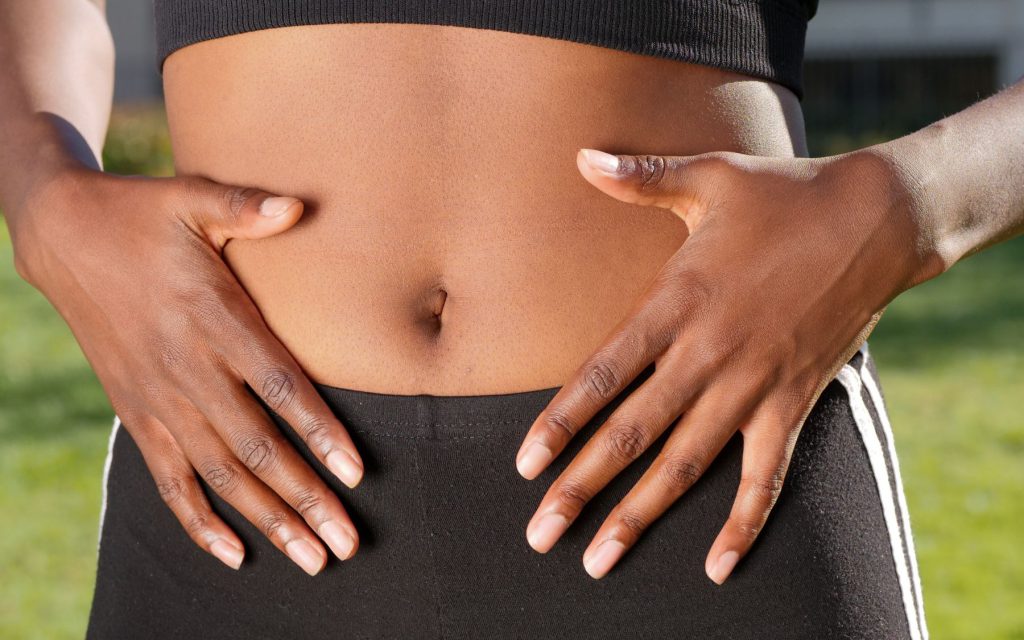
Why do you need carbohydrates?
I wrote a blog last month about new research showing why we need to keep carbohydrates in our diet. I thought this week that I would dive a little deeper into the role that carbohydrates play in the effective functioning of our bodies. They have a crucial role in the body, especially in the context of exercise and overall energy metabolism. Here’s a detailed breakdown:
1. Primary Energy Source:
– Glucose: Carbohydrates are broken down into glucose, the body’s preferred source of energy, particularly for the brain and muscles.
– Glycogen Storage: Excess glucose is stored in the liver and muscles as glycogen. This stored glycogen is readily available for quick energy when needed.
2. Brain Function:
– The brain relies almost exclusively on glucose for energy. Consistent glucose levels are essential for cognitive function, mood regulation and overall mental performance.
3. Muscle Function:
– Carbohydrates provide the necessary fuel for muscle contractions, particularly during high-intensity exercise. Glycogen stored in muscles is a readily available energy source during exercise.
4. Fat Metabolism:
– Carbohydrates play a role in fat metabolism. Without adequate carbohydrates, the body cannot efficiently burn fat, as they are needed to facilitate the breakdown of fats in the body.
5. Prevention of Muscle Breakdown:
– Adequate carbohydrate intake helps spare proteins from being used as an energy source. This is crucial for maintaining muscle mass, especially during prolonged or intense exercise.
Role of Carbohydrates in Exercise specifically:
1. Energy Supply During Exercise:
– High-Intensity Exercise: Carbohydrates are the primary fuel source during high-intensity exercise (e.g. sprinting, weightlifting). The body relies on glycogen stored in muscles for quick energy.
– Endurance Exercise: During prolonged exercise (e.g. long-distance running), carbohydrates provide a sustained energy supply. As exercise continues, the body gradually uses more fat as a fuel source, but carbohydrates remain crucial for maintaining intensity.
2. Sustaining Performance:
– Consuming carbohydrates before and during exercise helps maintain blood glucose levels, preventing fatigue and sustaining performance, especially in endurance sports.
3. Post-Exercise Recovery:
– After exercise, carbohydrates are essential for replenishing glycogen stores depleted during physical activity. This is particularly important for athletes engaging in multiple training sessions or competitions within a short period.
– Pairing carbohydrates with protein post-exercise enhances glycogen replenishment and aids muscle repair and recovery.
4. Preventing Hypoglycemia:
– During prolonged or intense exercise, the body’s glycogen stores can become depleted, leading to low blood sugar levels (hypoglycemia). Adequate carbohydrate intake before and during exercise helps prevent this, ensuring sustained energy and performance.
5. Supporting Muscle Growth:
– Carbohydrates play a role in insulin release, a hormone that facilitates glucose uptake into cells and promotes muscle growth by transporting amino acids into muscle cells.
Optimal Carbohydrate Intake for Exercise
1. Before Exercise:
– Consuming a meal or snack rich in carbohydrates 2-3 hours before exercise helps ensure adequate glycogen stores. For shorter or less intense workouts, a small snack 30-60 minutes before exercise can provide a quick energy boost.
2. During Exercise:
– For activities lasting more than 60 minutes, consuming easily digestible carbohydrates (e.g. sports drinks, gels or fruits) helps maintain energy levels and prevent fatigue.
3. After Exercise:
– Consuming carbohydrates within 30-60 minutes post-exercise is optimal for replenishing glycogen stores. Combining carbohydrates with protein (e.g. a recovery shake) enhances muscle repair and recovery.
Any questions, as always, get in touch.
Caroline x



